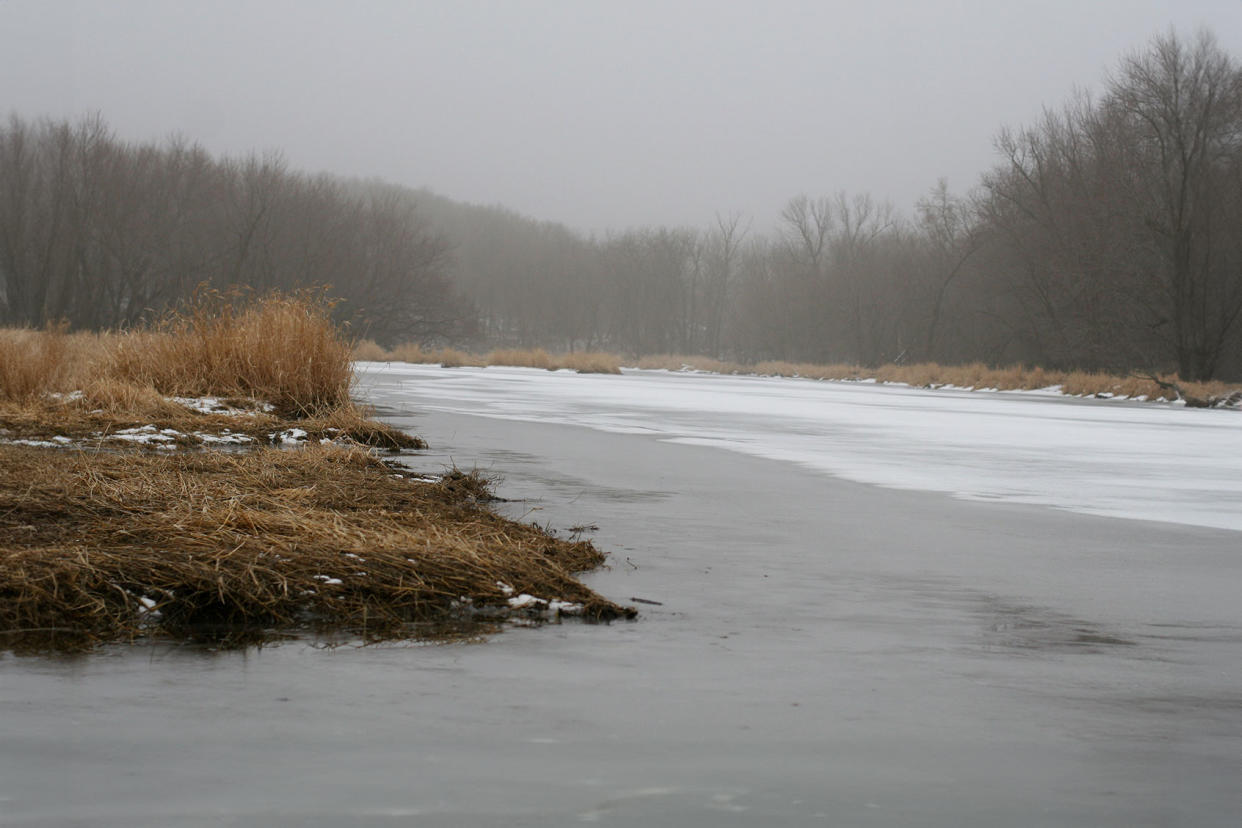Environmental watchdog warns of “fecal soup” runoff as floods rage in Iowa

Amidst record-breaking floods in Northwest Iowa, environmental groups are warning of the potential health risks from flooded factory farms and manure runoff.
On Monday, President Biden declared the Iowa floods — which have been raging since June 16 — a major disaster. Officials warned residents in various regions not to drink their water due to bacteria contamination. Food and Water Watch, an environmental watchdog group, warns that flooding on factory farms will only exacerbate this contamination and threaten the already severe public health risks.
“Factory farm waste poses a serious threat to public health — especially when it’s flooding your living room," Amanda Starbuck, the research director at Food and Water Watch, said in a statement. Manure pits and lagoons are disasters waiting to happen; when extreme weather hits, they put everything downstream at risk of serious contamination. Iowans recovering from these devastating floods must remain on constant guard against the threat of animal waste contaminating properties, water supplies and waterways.”
The five counties hit worst by the flooding are Clay, Emmet, Lyon, Plymouth and Sioux, which are home to over 900 factory farms which produce over 23 billion pounds of animal waste per year. That’s 175 times the amount of human waste, according to Food and Water Watch.
Most of these farms store manure in large pits or lagoons and flooding can lead to overflow or breaches in those pits. “Fecal soup,” (animal feces mixed with water) is often then flushed into local homes and waterways which can put the health of local residents at risk, the group says.
As manure-contaminated water contains a variety of chemicals and pathogens, exposure can lead to E.Coli contamination, Giardia, respiratory illness and birth defects, according to the Centers for Disease Control and Prevention.
Past flooding in North Carolina, another region littered with factory farms, paints a foreboding picture for Iowa. In 2018, Hurricane Florence flooded over 50 manure lagoons in North Carolina, two of which released an estimated 7 million gallons of pig sewage into nearby waterways. Private wells saw major spikes in E.Coli contamination, impacting the health of nearby residents, Food and Water Watch reported.
In the same year, extreme rain in Northwest Iowa caused manure systems at nearly 30 farms to overflow.
Since the extreme weather in Iowa began over a week ago, several discharges on animal feeding operations have already occurred. The disastrous floods have also shut down major roads and damaged over 2,000 properties.


